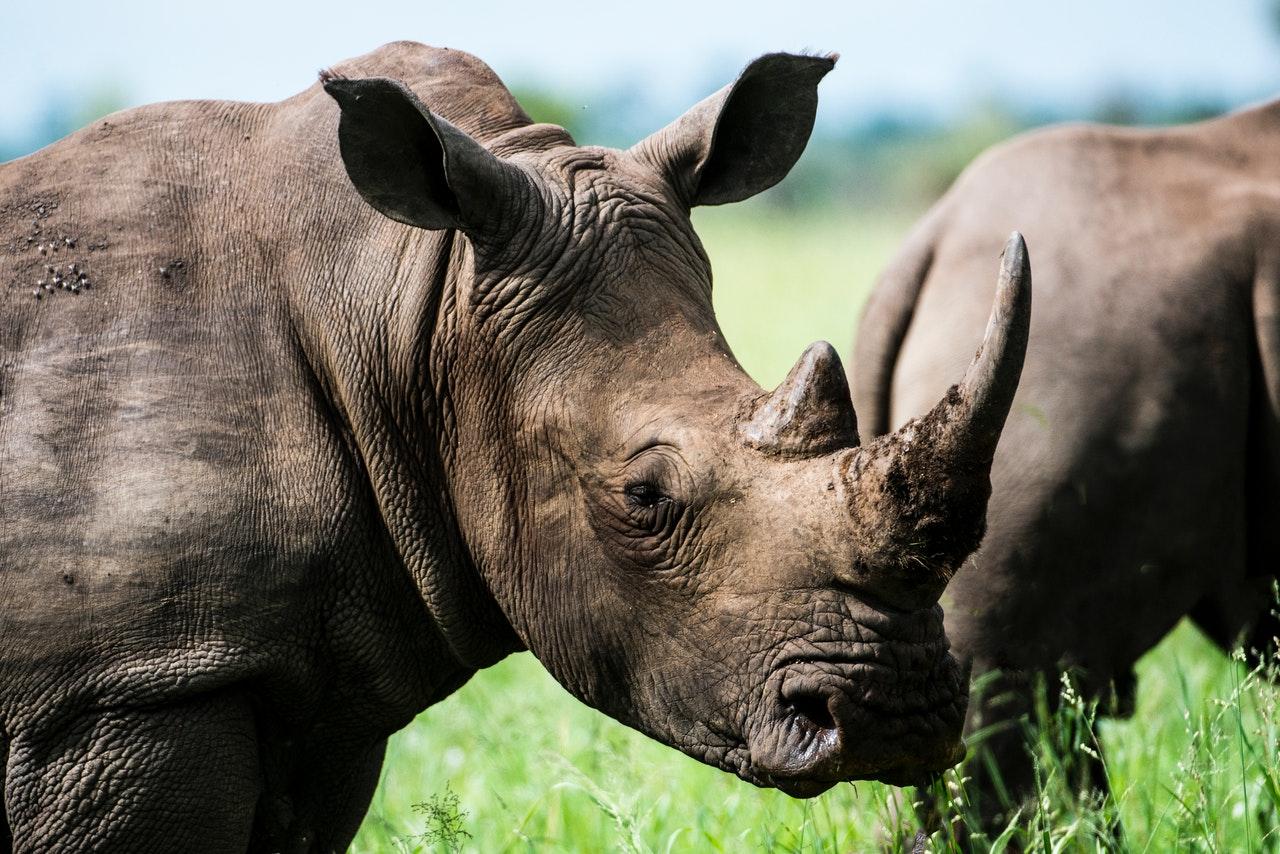Fewer rhinos poached in South African Covid-19 lockdown
Most illegally poached rhino horns are smuggled to Asia where they are an ingredient in medicine and herbal remedies.
Just In
South Africa has reported a drop in the number of rhinos killed by poachers, which officials say is one unexpected but welcome result of Covid-19 lockdowns which restricted the movements of poachers and horn smugglers.
Environment Minister Barbara Creecy said strict measures to prevent the spread of coronavirus infections last year had led to “a significant reduction in poacher incursions” to the world-famous Kruger National Park.
“However, that changed later in the year as the lockdown levels eased,” she said in a statement published on Monday and reported by the BBC.
Last year, 394 rhinos were killed for their horns in the country, a fall of 33% from the 594 recorded in 2019, the environment ministry said.
But conservationists warn that the rhino population in South Africa has plummeted in recent years and that poaching remains a big problem which will return.
South Africa is home to about 80% of the world’s rhino population. Hundreds are killed every year for their horns, which are made of keratin, the same substance as fingernails.
Rhino horn is worth more by weight than cocaine, and so traffickers go to great lengths to smuggle it out of Africa.
Most illegally poached rhino horns are ground up and smuggled to Asia where it is an ingredient in medicine and herbal remedies.
Meanwhile, South African President Cyril Ramaphosa has eased some restrictions imposed due to coronavirus, including lifting an unpopular ban on alcohol sales.
South Africans have faced three alcohol bans since the pandemic hit last March. The government argues they were necessary to alleviate the pressure on the healthcare system.
The bans have been the least popular of the pandemic restrictions with the public.
Announcing the latest changes, Ramaphosa said: “I want to call on all of us to drink responsibly so that we do not experience a spike in trauma cases or an increase in infections due to reckless behaviour.”
The announcement came as he hailed the arrival of the first shipment of vaccines – one million AstraZeneca doses – as a chance to “turn the tide” on Covid-19.
South Africa has had the most Covid infections and deaths on the continent. More than 1.4 million people have contracted the virus since the pandemic began, and 44,164 are known have lost their lives.
Ramaphosa said the peak of the second wave of the virus has now passed, and that “the average rate of new infections has been steadily coming down over the last three weeks”.
Many countries have banned travel from South Africa in an effort to stop the spread of the highly infectious variant, which is believed to have originated there and which is suspected to be more infectious and more resistant to vaccines.
Subscribe to our newsletter
To be updated with all the latest news and analyses daily.
